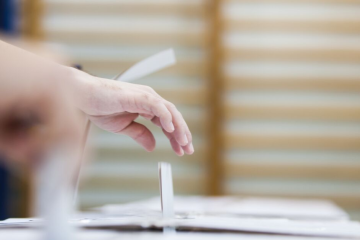Misconducts can occur due to numerous reasons, and are deemed as either academic or non-academic. Examples of misconduct include, but are not limited to:
· cheating, attempting to cheat or helping another student to cheat
· plagiarism, including self-plagiarism
· misconduct in exams, including having unauthorised material
· fraud, falsely signing documents, forged signatures and false statements
· bullying, harassment, discrimination and inappropriate behaviour
Where to go for help
The Students’ Association have experienced caseworkers who can advise you on your rights and outline the process associated with an allegation of misconduct. Once making an appointment, our friendly receptionist will request that you email the Students’ Association all documentation in relation to the allegation and a draft response to the allegation, prior to your appointment. This is a huge help to us caseworkers so that we can familiarise ourselves with your matter and prepare prior to your appointment. Don’t worry though, all your information is kept confidential and at no point will your matter be discussed outside the scope of the Students’ Association, unless you have provided us with permission to do so.
What is required of you
We will discuss with you the processes and procedures of the University in relation to an allegation of misconduct, assist you with deciding on the best avenue to respond and provide feedback on your written response – basically, supporting you every step of the way, including attending as a support person to any meeting or misconduct hearing that you may be requested to attend.
The more prepared you are prior to and at your appointment, the better we can assist you. It is important to be opened, honest and transparent with us – we are not the decision makers of the outcome of your misconduct matter, however we will advise you of your best option in order to protect your overall wellbeing. Keep in mind that we have had many years of experience with matters similar to yours, and therefore quite knowledgeable with the outcome you can expect as a result of your misconduct matter. However, the decision on how to respond is yours and we will support you with whichever choice you make.
What to do whilst the misconduct process is in progress
As the misconduct process can be quite lengthy, we encourage you to continue your studies. Ensure to attend all your classes, tutorials, practicals, exams and submit all your assignments to ensure you continue your progress.
Personal support
We understand that receiving an allegation of misconduct can be quite overwhelming and upsetting, particularly if you believe that you have not breached any student rules. If you are experiencing any distress as a result of the misconduct, we encourage you to seek personal support from the UTS Counselling Service. To make an appointment, call 02 9514 1177, email student.services@uts.edu.au or visit their office on Level 6, Tower Building 1.


